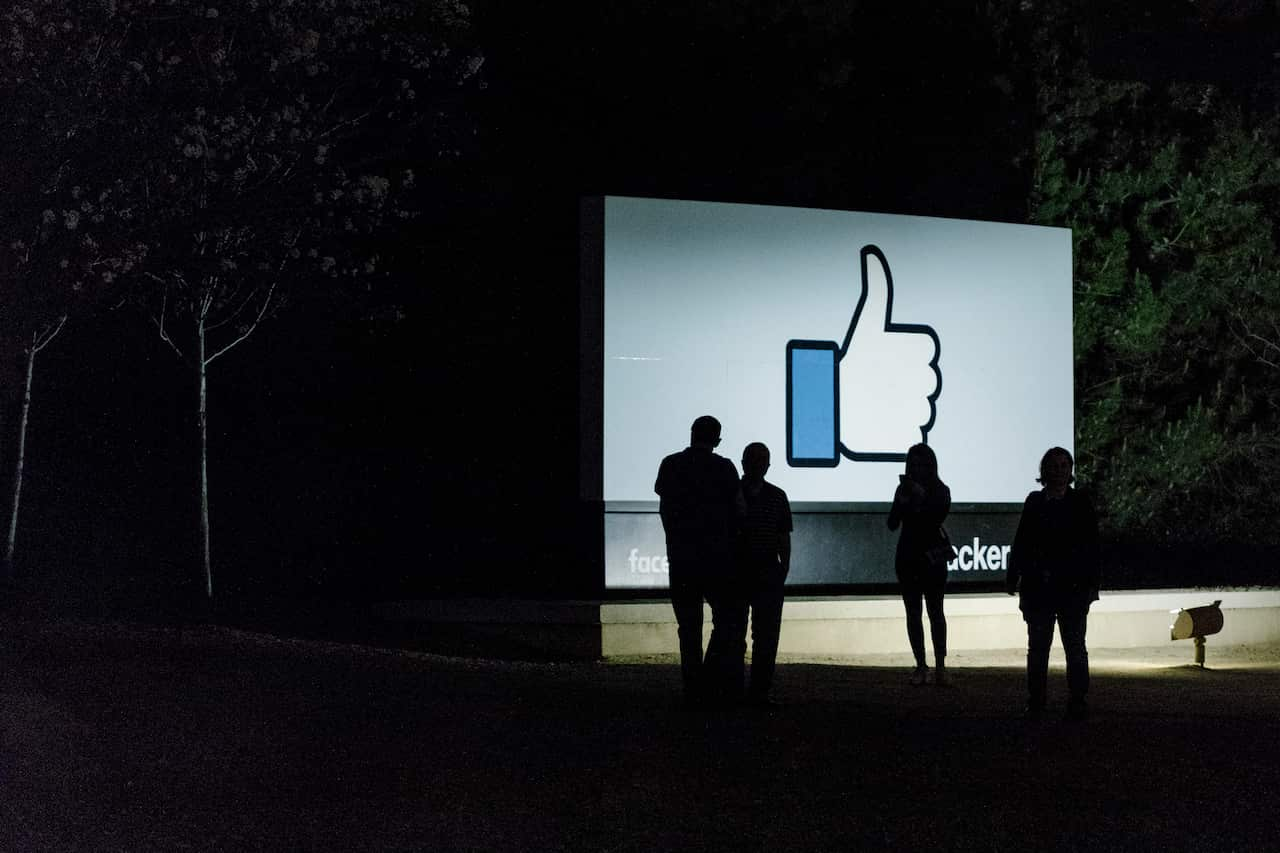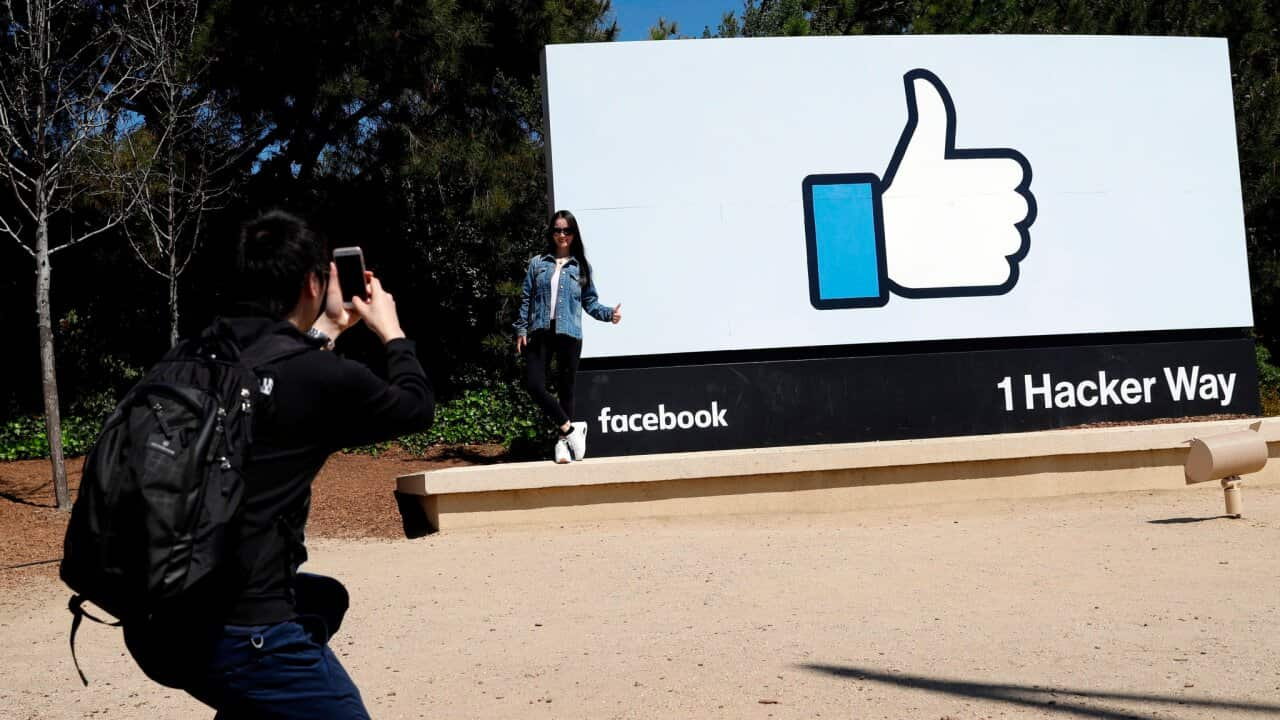Above video is a short segment on McKinnon Secondary School that prohibits the use of mobile phones during school hours, including at recess and lunch. Watch more on Insight’s episode Screen at School.
The world’s most common digital habit is not easy to break. Although four in 10 Facebook users say they have taken long breaks from it, a recent study found that the average user would have to be paid $1,000 to $2,000 to be pried away for a year.
So what happens if you actually do quit? A new study, the most comprehensive to date, offers a preview: More in-person time with friends and family. Less political knowledge, but also less partisan fever. A small bump in one’s daily moods and life satisfaction. And an extra hour a day of downtime.
The study, by researchers at Stanford University and New York University, helps clarify the ceaseless debate over Facebook’s influence on its users. The study was posted recently on the Social Science Research Network.
“For me, Facebook is one of those compulsive things,” said Aaron Kelly, 23, a college student in Wisconsin. “It’s really useful, but I always felt like I was wasting time on it, distracting myself from study, using it whenever I got bored.”
Kelly took part in the study “because it was kind of nice to have an excuse to deactivate and see what happened,” he said.
The new study, a randomized trial financed principally by the Alfred P. Sloan Foundation, sketches out a portrait of daily use that is unlikely to satisfy either critics or supporters of the platform.
A Facebook press officer said: “This is one study of many on this topic, and it should be considered that way.” The company’s statement quoted from the study itself, which noted that “Facebook produces large benefits for its users.”

A major new study released shows that people experienced more in-person time with friends and family. Less political knowledge, but also less partisan fever. Source: The New York Times
The researchers — led by Hunt Allcott, an associate professor of economics at NYU, and Matthew Gentzkow, a Stanford economist — used Facebook ads to recruit participants over age 18 who spent at least 15 minutes on the platform each day; the daily average was an hour, with heavy users logging two to three hours, or more.
Nearly 3,000 users agreed and filled out extensive questionnaires, which asked about their daily routines, political views and general state of mind.
Half the users were randomly assigned to deactivate their Facebook accounts for a month, in exchange for payment. The price point for that payment was itself of great interest to the researchers: How much is a month’s access worth? On average, about $100, the study found, which is in line with previous analyses.
Some participants said that they had not appreciated the benefits of the platform until they had shut it down. “What I missed was my connections to people, of course, but also streaming events on Facebook Live, politics especially, when you know you’re watching with people interested in the same thing,” said Connie Graves, 56, a professional home health aide in Texas, and a study subject.
When the month was over, the quitters and control subjects again filled out extensive surveys that assessed changes in their state of mind, political awareness and partisan passion, as well as the ebb and flow of their daily activities, since the experiment began.
For abstainers, breaking up with Facebook freed up about an hour a day, on average, and more than twice that for the heaviest users. They also reported spending more time offline, including with friends and family, or watching TV.
“I would have expected more substitution from Facebook to other digital things — Twitter, Snapchat, online browsing,” said Gentzkow. “That didn’t happen, and for me, at least, it was a surprise.”
On tests of political knowledge, the abstainers scored a few points lower than they did before deactivating their accounts. “The political-knowledge findings suggest that Facebook is an important source of news that people pay attention to,” said David Lazer, a professor of political science and computer and information science at Northeastern University.
Scores on several measures of political polarization were mixed, although one scale, called “polarization on issues,” dropped for the abstainers by five percent to 10 per cent, whereas the control group remained the same. Reduced knowledge, in short, may blunt partisanship, although this relationship is far from clear.
The most striking result from the study may be that deactivating Facebook had a positive but small effect on people’s moods and life satisfaction. The finding tempers the widely held presumption that habitual social-media use causes real psychological distress.
For instance, research has found that high levels of passive browsing on social media predict lowered moods, compared to more active engagement. But previous research could not discern whether mood problems followed heavy usage, or moody people tended to be the heaviest users. The new study supported the latter explanation.
If heavy Facebook use caused mood problems, the researchers would have expected to see the moods of heavy users improve by a greater amount relative to lightweight users. But that didn’t happen, which suggested that the heavy users were moody before they were sucked deeply into Facebook.
Ethan Kross, a professor of psychology at the University of Michigan, said that it was too early to draw hard conclusions on the psychological effects of quitting Facebook. He pointed to two recent studies that found users’ moods lifted when their access to social media was restricted.
After the month long study ended, the researchers asked the abstainers how much they would need to be paid to stay off Facebook for another month, hypothetically. This time, the price point dropped below $100.
Share
Insight is Australia's leading forum for debate and powerful first-person stories offering a unique perspective on the way we live. Read more about Insight
Have a story or comment? Contact Us


